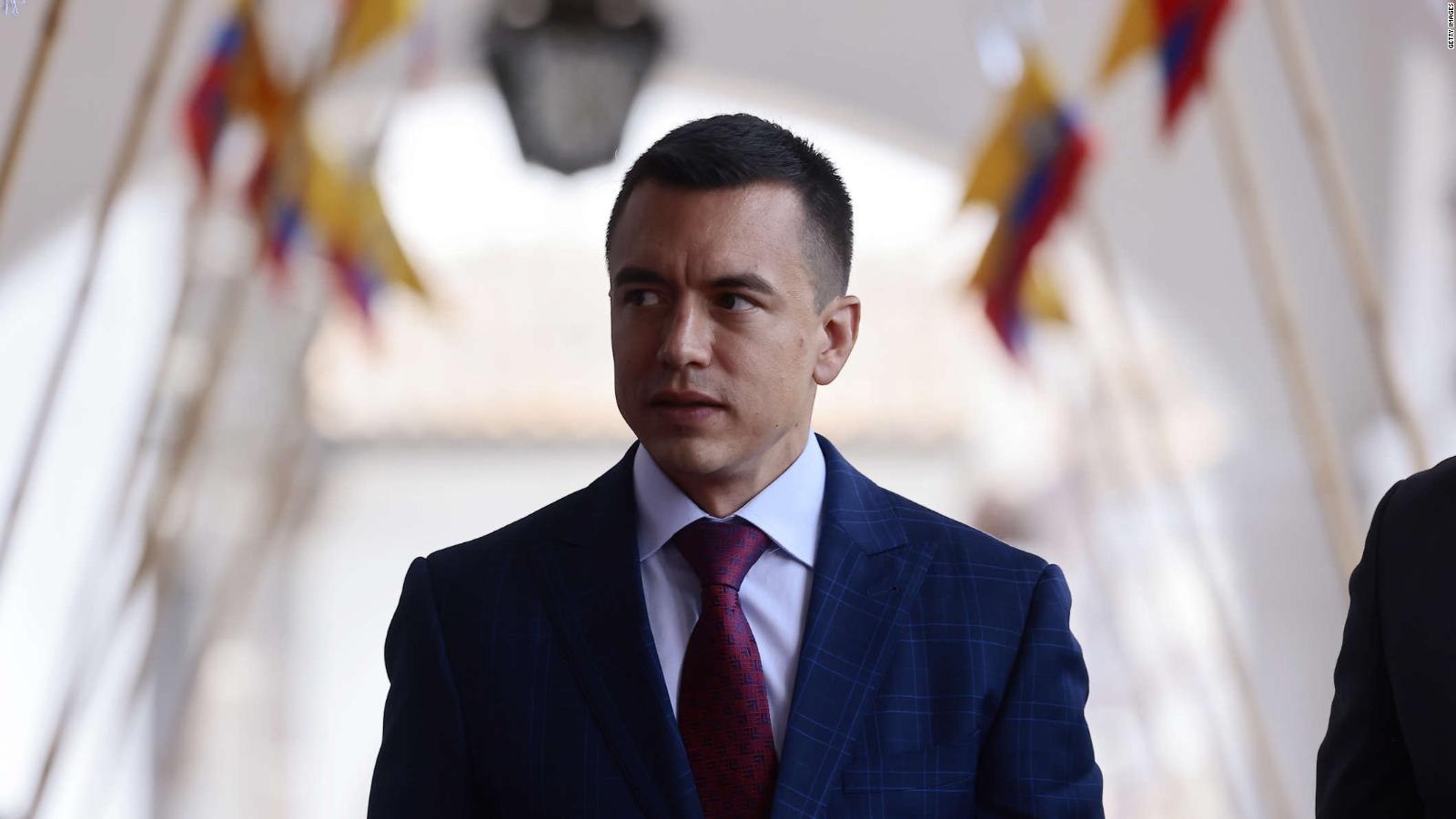Ecuador Declares State of Exception Amid Rising Violence
The Government of Ecuador has declared a new state of exception in seven provinces and one canton, responding to escalating violence attributed to organized crime. The decree, announced this Wednesday, focuses on provinces including Los Ríos, Guayas, Santa Elena, Manabí, El Oro, Sucumbíos, Orellana, and the canton of Ponce Enríquez. These areas have seen a significant surge in violent incidents and homicides in recent weeks.
The President of Ecuador, Daniel Noboa, in a social media video, heralded the decree as the beginning of a crucial second phase in the fight against criminal gangs. He emphasized the necessity of allowing the military to act more freely to combat criminals who exploit protections like the inviolability of the home. Noboa stated, 'We are not going to lose what we have gained,' underscoring the government's commitment to restoring order.
Under the new decree, the National Police and the Armed Forces will have expanded powers, including entering homes and intercepting correspondence without prior authorization. This move aims to address what the government calls the transformation in the dynamics of 'criminal enterprises,' necessitating an extraordinary legal framework to safeguard citizen rights and state structure.
The decree took immediate effect, yet it faces scrutiny from the Constitutional Court, which will oversee its legality. This development follows the Court's recent annulment of a prior state of emergency declared by Noboa, citing insufficient justification from the president.
Meanwhile, in Israel, a different governmental accountability conflict unfolds as the Israel Defense Forces (IDF) prepares to allow the State Comptroller to begin an audit following numerous setbacks. This decision comes after the High Court refused a petition from the Chief of Staff, Lt. Col. Harzi Halevi, seeking to delay the audit related to the October 7 failures.
Despite initial resistance, the IDF is organizing internal mechanisms and appointing a project manager for the audit. Chief of Staff Halevi, however, continues to express concerns, fearing that the audit could distract from ongoing military operations. The tension highlights the complex relationship between military operations and governmental oversight, with the IDF wary of potential political motivations behind the audit.
- Ecuador's new state of exception underscores the severe challenges posed by organized crime, which has forced the government to adopt stringent measures. The decree extends significant powers to law enforcement agencies, reflecting an urgent need to curb the escalating violence.
- In Israel, the IDF's preparation for the Comptroller's audit amidst ongoing military activities illustrates the delicate balance between maintaining security and upholding accountability. The resistance from the Chief of Staff highlights the complexities involved in auditing defense operations during active conflicts.






